Revolutionizing Industries and Shaping the Future
Applied Artificial Intelligence (Applied AI) has transitioned from being a futuristic concept to a practical technology with tangible applications across various sectors. This evolution of AI has given rise to what is known as “Applied AI”—the integration of AI technologies into real-world applications to solve complex problems, enhance decision-making, and improve operational efficiency. Applied AI involves utilizing machine learning (ML), natural language processing (NLP), computer vision, and other AI subfields in industries such as healthcare, finance, agriculture, education, and more. It focuses on solving specific, practical problems rather than exploring theoretical AI advancements. This article also focuses on Applied AI Career Path both in India and USA.
AI has evolved from its early days of being an academic pursuit to being a vital tool for businesses and governments worldwide. Today, AI powers voice assistants like Siri and Alexa, recommendation systems for platforms like Netflix and Amazon, fraud detection in banking, and even autonomous driving. These applications, often invisible to the end-user, are reshaping industries by making processes faster, more efficient, and more personalized.
Table of Contents
Revolutionizing Industries and Shaping the Future.
Key Technologies Behind Applied AI
Industry Applications of Applied AI
Challenges and Ethical Concerns in Applied AI
Future Prospects of Applied AI
Courses, Career Path, and Salaries for an Applied AI Career in the USA and India.
In industries like healthcare, AI-driven tools assist in diagnosing diseases, improving patient outcomes, and even conducting research on drug discovery. In finance, AI algorithms are used to detect fraud, automate trading, and analyze market trends. Applied AI is not limited to specific sectors; its flexibility and ability to process large amounts of data make it valuable across domains.
As AI continues to evolve, the concept of Applied AI is becoming central to discussions on innovation and technology integration. This article explores the concept of Applied AI, its impact on industries, the key technologies driving it, challenges faced in its implementation, ethical concerns, and its future potential. As we move further into the era of automation, understanding the depth and breadth of Applied AI is crucial for individuals, businesses, and governments alike.
Key Technologies Behind Applied AI
- Machine Learning (ML): Machine learning is the backbone of many AI applications, allowing systems to learn from data and improve their performance over time. In applied AI, ML algorithms are used for tasks like recommendation engines, predictive analytics, and classification. Supervised, unsupervised, and reinforcement learning techniques are commonly used to train models on vast amounts of data to make accurate predictions or decisions.
- Natural Language Processing (NLP): NLP focuses on enabling machines to understand, interpret, and generate human language. This is widely used in chatbots, virtual assistants, language translation, and sentiment analysis. In industries like customer service and marketing, NLP helps in automating responses and enhancing customer engagement.
- Computer Vision: Computer vision allows AI systems to interpret and understand visual data from the world, such as images and videos. It is used in applications like facial recognition, object detection, medical imaging, and autonomous vehicles. In retail, computer vision helps in automating checkout processes and enhancing security.
- Robotics: Robotics integrated with AI plays a crucial role in manufacturing, logistics, and healthcare. Robots powered by AI are capable of performing tasks like assembling products, moving materials, and even conducting surgeries with high precision. These advancements improve productivity and safety in industrial settings.
- Deep Learning: A subset of machine learning, deep learning uses neural networks with multiple layers to process large datasets and perform complex tasks like image recognition, voice synthesis, and game playing. Deep learning has enabled breakthroughs in fields like autonomous driving, where real-time data processing and decision-making are critical.

Industry Applications of Applied AI
- Healthcare: AI is transforming healthcare by providing tools for better diagnosis, treatment planning, and patient monitoring. AI-driven diagnostic tools analyze medical images, such as X-rays and MRIs, more quickly and accurately than human doctors. AI is also playing a critical role in drug discovery, speeding up research and reducing costs. Telemedicine and virtual health assistants, powered by AI, are improving patient access to healthcare, particularly in remote areas.
- Finance: In the financial sector, AI is applied for fraud detection, algorithmic trading, and personalized banking. AI models analyze transaction patterns to detect anomalies that may indicate fraud. Robo-advisors, powered by AI, provide personalized financial advice and investment strategies. Additionally, AI is used in credit scoring to analyze a borrower’s risk more accurately by considering a wider range of data than traditional methods.
- Retail and E-commerce: Applied AI is driving personalization in retail by offering product recommendations based on user preferences and browsing history. Retailers use AI to optimize supply chains, forecast demand, and manage inventory efficiently. AI-powered chatbots enhance customer service by providing instant responses to queries. In e-commerce, AI plays a pivotal role in enhancing the customer experience through personalized search results, dynamic pricing, and voice-based shopping assistants.
- Manufacturing: AI in manufacturing is revolutionizing production lines through predictive maintenance, quality control, and process optimization. AI-powered systems monitor equipment performance in real time, predicting failures before they occur, thus reducing downtime. Computer vision is used to inspect products for defects, ensuring higher quality control. Robotics, combined with AI, automates repetitive tasks, enhancing efficiency and reducing human errors.
- Agriculture: In agriculture, AI helps optimize crop yields, manage resources efficiently, and monitor livestock health. Precision farming techniques, driven by AI, involve analyzing data from sensors and drones to optimize water usage, fertilizer application, and pest control. AI-powered robots are also used to automate harvesting, sorting, and planting processes. These technologies help farmers increase productivity and reduce environmental impact.
- Education: Applied AI is changing the landscape of education by providing personalized learning experiences. AI-powered tutoring systems adapt to individual student needs, helping them learn at their own pace. Automated grading systems save teachers time and provide students with faster feedback. AI also powers adaptive learning platforms that customize educational content based on a student’s strengths and weaknesses.
- Transportation and Autonomous Vehicles: The transportation sector is one of the most visible areas where Applied AI is making an impact. Autonomous vehicles, powered by AI, are transforming the future of transportation. AI algorithms analyze data from sensors to navigate, detect obstacles, and make real-time decisions. In logistics, AI optimizes route planning, reducing fuel consumption and delivery times. AI-driven traffic management systems are improving urban mobility by analyzing traffic patterns and adjusting signals accordingly.
- Energy and Utilities: AI is helping the energy sector optimize power generation, distribution, and consumption. Smart grids, powered by AI, monitor energy usage and predict demand, ensuring efficient energy distribution. In renewable energy, AI models forecast weather patterns to optimize the operation of solar and wind farms. AI also helps in detecting faults in power lines and managing energy storage systems.
Benefits of Applied AI
- Increased Efficiency and Productivity: One of the primary benefits of Applied AI is its ability to automate repetitive tasks, allowing humans to focus on more complex and creative work. In industries like manufacturing and finance, AI enhances productivity by reducing human errors and speeding up decision-making processes.
- Cost Reduction: Applied AI helps businesses reduce operational costs by optimizing processes, minimizing downtime, and automating tasks that would otherwise require manual labor. In sectors like healthcare and agriculture, AI-driven automation lowers costs while maintaining high levels of accuracy and quality.
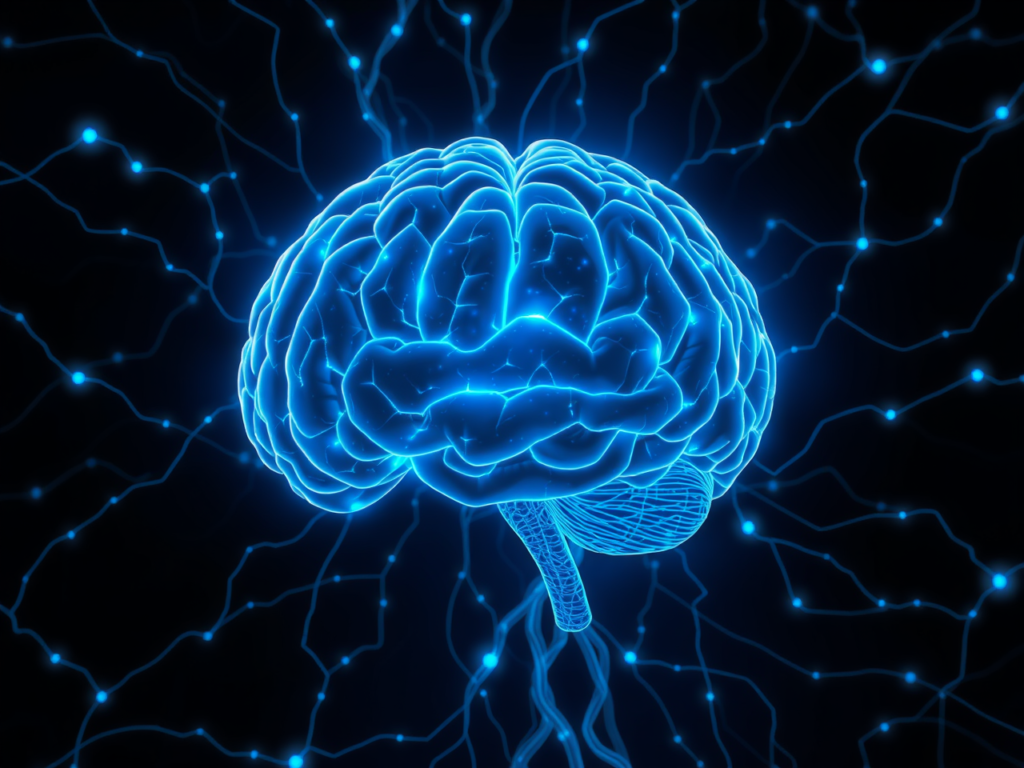
- Data-Driven Decision Making: AI excels at processing large amounts of data to derive actionable insights. In business, this means better decision-making based on real-time data, leading to more informed strategies. In healthcare, AI systems help doctors diagnose diseases based on patterns in medical data that are too complex for humans to identify.
- Personalization: AI allows businesses to offer personalized services and products to consumers. In retail, for instance, AI algorithms analyze customer preferences and behaviors to provide targeted recommendations, increasing customer satisfaction and sales.
- Enhanced Customer Experience: AI-powered chatbots and virtual assistants offer 24/7 customer support, ensuring faster response times and improved user experience. This is particularly useful in e-commerce, banking, and telecom industries, where customer service is crucial for maintaining satisfaction and loyalty.
- Sustainability and Resource Optimization: In agriculture and energy, AI-driven systems help optimize resource use by analyzing data and making real-time adjustments. This reduces waste, conserves energy, and promotes sustainability, which is increasingly important in the context of climate change and environmental conservation.
Challenges and Ethical Concerns in Applied AI
- Data Privacy and Security: The vast amounts of data collected and processed by AI systems raise concerns about privacy and security. Unauthorized access to sensitive data, data breaches, and misuse of personal information are significant risks. Ensuring data privacy and implementing robust cybersecurity measures are critical challenges in AI applications.
- Bias and Fairness: AI systems are only as good as the data they are trained on. If the data is biased, the AI model will produce biased outcomes. This can lead to unfair treatment in applications like hiring, credit scoring, or criminal justice. Ensuring fairness and eliminating bias in AI models is an ongoing challenge that requires diverse datasets and continuous monitoring.
- Job Displacement: The automation of tasks by AI has the potential to displace jobs, particularly in sectors like manufacturing, retail, and customer service. While AI creates new opportunities, the transition may be challenging for workers whose jobs are at risk of being replaced by machines. Reskilling and upskilling programs will be essential to help workers adapt to the changing job landscape.
- Transparency and Accountability: Many AI systems operate as “black boxes,” meaning their decision-making processes are not transparent. This raises concerns about accountability, especially in critical areas like healthcare, finance, and law enforcement, where the consequences of AI decisions can be life-altering. There is a growing demand for explainable AI systems that provide insight into how decisions are made.

- Ethical Dilemmas in Autonomous Systems: Autonomous vehicles and drones, powered by AI, face ethical dilemmas when making real-time decisions, especially in life-threatening situations. For instance, how should an autonomous vehicle prioritize the safety of passengers versus pedestrians in the event of an unavoidable accident? Addressing these ethical challenges is crucial for the widespread adoption of autonomous AI systems.
Future Prospects of Applied AI
The future of Applied AI is promising, with advancements in technology expected to accelerate its adoption across industries. As AI continues to evolve, we can expect improvements in areas like deep learning, quantum computing, and explainable AI. This will lead to more sophisticated applications that can tackle even more complex problems.
In healthcare, AI could play an even greater role in personalized medicine, tailoring treatments to individual patients based on genetic information. In finance, AI-driven systems could offer real-time risk assessments and investment strategies. The integration of AI in smart cities could lead to more efficient public services, better traffic management, and enhanced security.
As industries continue to adopt AI, the need for skilled professionals in AI-related fields will grow. This will spur demand for data scientists, machine learning engineers, and AI ethicists, among others. Governments will also play a crucial role in regulating AI applications, ensuring that ethical concerns are addressed and that AI is used responsibly for the benefit of society.
Courses, Career Path, and Salaries for an Applied AI Career in the USA and India
A career in Applied AI offers immense opportunities for professionals in both the USA and India. The industry requires specialized skills in machine learning, AI, data science, and software development. As companies continue to adopt AI technologies, demand for AI professionals is expected to grow exponentially, leading to lucrative salaries and career advancement opportunities. With proper education, certifications, and hands-on experience, AI professionals can thrive in industries like healthcare, finance, retail, and technology. Here are the details.
1. Courses for a Career in Applied AI
In the USA
- Master of Science in Artificial Intelligence
- Institutions: Stanford University, Carnegie Mellon University, MIT
- Key Topics: Machine Learning, Computer Vision, Natural Language Processing, AI Ethics
- Duration: 1-2 years
- Master of Science in Data Science with AI Specialization
- Institutions: University of California, Berkeley; University of Washington
- Key Topics: Machine Learning, Data Mining, AI for Big Data, Statistical Analysis
- Duration: 1.5-2 years
- Online Professional Certificates in AI
- Providers: Coursera (IBM AI Professional Certificate), edX (Harvard’s AI in Business Program)
- Key Topics: AI Fundamentals, Neural Networks, Deep Learning, AI in Business
- Duration: 6 months to 1 year
- AI and Machine Learning Bootcamps
- Providers: General Assembly, Springboard
- Key Topics: Python for AI, Machine Learning Algorithms, AI Projects
- Duration: 12-24 weeks
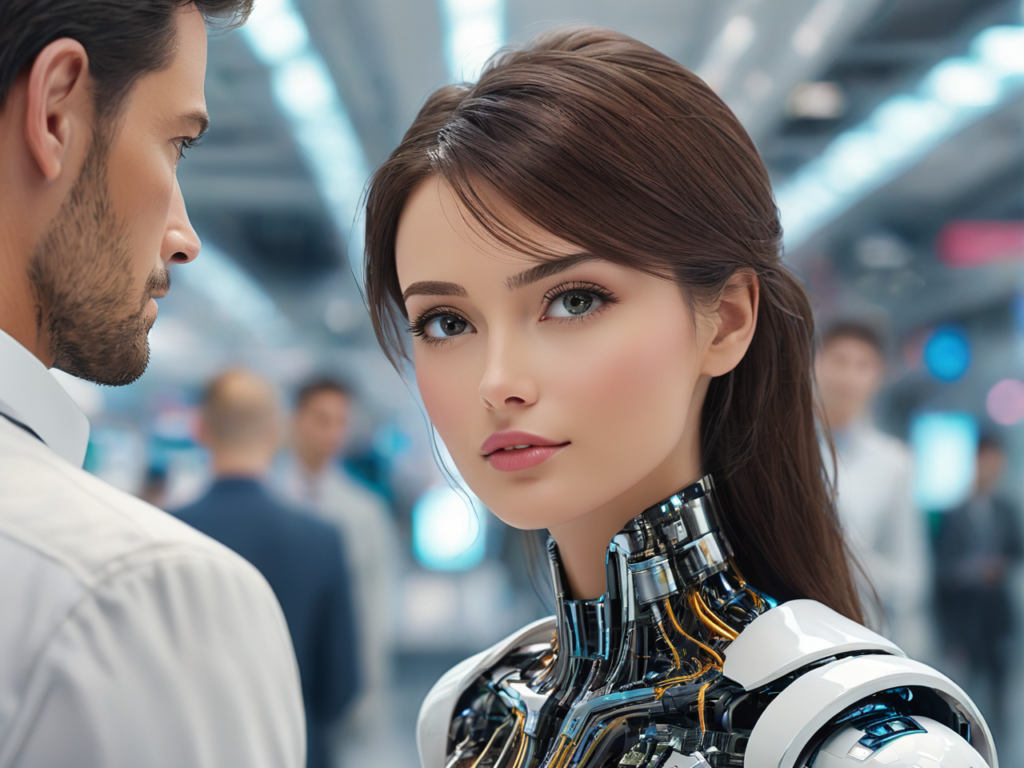
In India
- Post Graduate Diploma in Artificial Intelligence and Machine Learning
- Institutions: Indian Institutes of Technology (IITs), Indian Institute of Science (IISc), BITS Pilani
- Key Topics: Machine Learning, Neural Networks, AI Tools and Technologies
- Duration: 1-2 years
- B.Tech in Computer Science with Specialization in AI
- Institutions: IIT Hyderabad, IIIT Bangalore, Amity University
- Key Topics: AI Fundamentals, Robotics, Deep Learning, NLP
- Duration: 4 years
- Executive Program in Applied AI
- Providers: IIM Bangalore, Great Learning (in collaboration with Stanford, MIT)
- Key Topics: AI in Business, Machine Learning, AI Ethics
- Duration: 6-12 months
- AI and Data Science Online Certifications
- Providers: Coursera (IIT Roorkee), Udacity (AI Nanodegree)
- Key Topics: AI for Data Science, Predictive Analytics, Natural Language Processing
- Duration: 6-9 months
2. Career Path in Applied AI
USA Career Path
- AI Research Scientist
- Roles: Develop new AI algorithms, advance deep learning, research innovations in AI
- Entry-Level Path: Start with a Ph.D. or Master’s in AI or related field
- Growth: Senior AI Scientist → Principal AI Researcher → AI Fellow
- Machine Learning Engineer
- Roles: Design and deploy machine learning models for real-world applications
- Entry-Level Path: B.S. in Computer Science, AI certifications
- Growth: Senior ML Engineer → Lead Data Scientist → AI Engineering Manager
- Data Scientist (AI Focus)
- Roles: Use AI algorithms to extract insights from data, predictive modeling
- Entry-Level Path: B.S. or M.S. in Data Science/Computer Science
- Growth: Senior Data Scientist → AI Data Architect → Chief Data Scientist
- AI Product Manager
- Roles: Oversee the development of AI products, collaborate with engineers and designers
- Entry-Level Path: MBA or M.S. in Computer Science or Product Management
- Growth: Senior Product Manager → Director of AI Product → VP of AI Strategy
- AI Software Engineer
- Roles: Design and implement AI algorithms within software systems
- Entry-Level Path: B.S. in Computer Science, AI certifications
- Growth: Senior AI Engineer → AI Solutions Architect → VP of Engineering
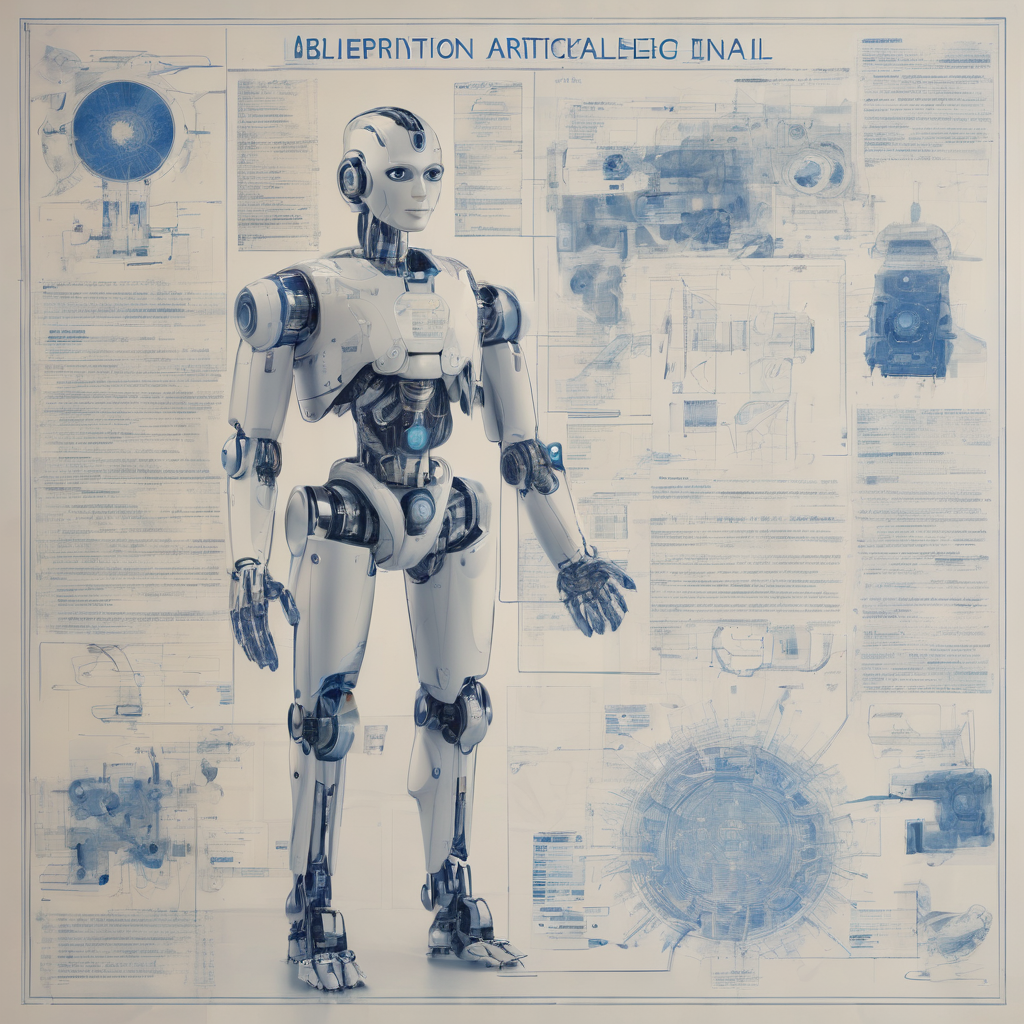
India Career Path
- AI Engineer
- Roles: Develop AI models, integrate AI solutions into applications
- Entry-Level Path: B.Tech in Computer Science with AI specialization
- Growth: Senior AI Engineer → Lead AI Engineer → AI Solutions Architect
- Machine Learning Specialist
- Roles: Build machine learning models to analyze data and make predictions
- Entry-Level Path: Bachelor’s degree in Engineering, AI/ML certifications
- Growth: Senior ML Specialist → AI Project Lead → Head of AI/ML Operations
- AI Consultant
- Roles: Advise businesses on AI adoption, strategy, and implementation
- Entry-Level Path: MBA or M.Tech in AI-related fields
- Growth: Senior AI Consultant → AI Strategy Head → AI Director
- Data Scientist (AI Applications)
- Roles: Use AI tools to analyze data, design predictive algorithms
- Entry-Level Path: B.Sc./B.Tech in Data Science/Computer Science
- Growth: Lead Data Scientist → AI Data Analyst Manager → Chief Data Officer
- AI Researcher
- Roles: Conduct AI research for innovation in academic or industrial applications
- Entry-Level Path: M.Tech or Ph.D. in AI/ML
- Growth: Lead AI Researcher → Head of AI Research → AI Innovation Director
3. Salaries in Applied AI
In the USA
- AI Research Scientist
- Entry-Level: $90,000 – $120,000/year
- Mid-Level: $150,000 – $180,000/year
- Senior-Level: $200,000 – $250,000/year or more (with stock options)
- Machine Learning Engineer
- Entry-Level: $95,000 – $120,000/year
- Mid-Level: $130,000 – $160,000/year
- Senior-Level: $180,000 – $220,000/year
- Data Scientist (AI Focus)
- Entry-Level: $80,000 – $110,000/year
- Mid-Level: $120,000 – $150,000/year
- Senior-Level: $170,000 – $200,000/year
- AI Product Manager
- Entry-Level: $100,000 – $130,000/year
- Mid-Level: $140,000 – $170,000/year
- Senior-Level: $180,000 – $220,000/year
- AI Software Engineer
- Entry-Level: $85,000 – $110,000/year
- Mid-Level: $120,000 – $150,000/year
- Senior-Level: $160,000 – $190,000/year
In India
- AI Engineer
- Entry-Level: ₹6,00,000 – ₹10,00,000/year
- Mid-Level: ₹12,00,000 – ₹18,00,000/year
- Senior-Level: ₹20,00,000 – ₹35,00,000/year
- Machine Learning Specialist
- Entry-Level: ₹7,00,000 – ₹12,00,000/year
- Mid-Level: ₹15,00,000 – ₹25,00,000/year
- Senior-Level: ₹28,00,000 – ₹40,00,000/year
- Data Scientist (AI Applications)
- Entry-Level: ₹8,00,000 – ₹14,00,000/year
- Mid-Level: ₹15,00,000 – ₹25,00,000/year
- Senior-Level: ₹28,00,000 – ₹40,00,000/year
- AI Consultant
- Entry-Level: ₹10,00,000 – ₹15,00,000/year
- Mid-Level: ₹18,00,000 – ₹25,00,000/year
- Senior-Level: ₹30,00,000 – ₹45,00,000/year
- AI Researcher
- Entry-Level: ₹7,00,000 – ₹12,00,000/year
- Mid-Level: ₹15,00,000 – ₹20,00,000/year
- Senior-Level: ₹25,00,000 – ₹35,00,000/year
Top 20 FAQ’s on Applied AI
Here are the top 20 frequently asked questions (FAQs) on “Applied Artificial Intelligence”:
- What is Applied Artificial Intelligence (Applied AI)?
- Applied AI refers to the use of artificial intelligence technologies to solve real-world problems and improve processes in various industries like healthcare, finance, retail, and manufacturing.
- How is Applied AI different from General AI?
- Applied AI focuses on practical applications in specific domains, whereas General AI aims to create systems that can perform any intellectual task that a human can.
- What are some common examples of Applied AI in daily life?
- Examples include voice assistants like Siri and Alexa, recommendation systems on platforms like Netflix and Amazon, AI-powered chatbots, and self-driving cars.
- Which industries benefit the most from Applied AI?
- Industries such as healthcare, finance, manufacturing, retail, education, agriculture, and transportation are seeing the most significant benefits from AI technologies.
- How is Applied AI used in healthcare?
- AI is used for medical image analysis, drug discovery, personalized treatment recommendations, virtual health assistants, and predictive analytics in patient care.
- What role does AI play in financial services?
- In finance, AI is applied for fraud detection, algorithmic trading, credit scoring, risk management, and personalized financial advice through robo-advisors.
- What is the impact of Applied AI in manufacturing?
- AI optimizes production processes through predictive maintenance, quality control via computer vision, process automation, and robotics to increase productivity and reduce costs.
- How does Applied AI improve customer service?
- AI-driven chatbots and virtual assistants provide instant customer support, automate responses, and personalize customer experiences by analyzing interactions and preferences.
- What technologies are central to Applied AI?
- Key technologies include machine learning (ML), natural language processing (NLP), computer vision, robotics, and deep learning, which enable AI applications in diverse fields.
- How is AI used in autonomous vehicles?

- AI powers autonomous vehicles by processing data from sensors to navigate, detect obstacles, and make real-time decisions for safe driving.
- What are the benefits of Applied AI in agriculture?
- AI helps optimize crop yields, manage resources, automate farming tasks, and monitor livestock health through data analysis, drones, and AI-powered equipment.
- What is the future of Applied AI in education?
- AI can personalize learning experiences, automate grading, and provide intelligent tutoring systems that adapt to individual student needs.
- How does Applied AI enhance cybersecurity?
- AI detects potential security threats by analyzing patterns in data, identifying anomalies, and preventing cyberattacks through real-time monitoring and predictive analytics.
- What are the ethical concerns surrounding Applied AI?
- Ethical concerns include bias in AI systems, privacy issues, job displacement due to automation, and accountability in decision-making by AI-driven systems.
- What are the main challenges in implementing Applied AI?
- Key challenges include data privacy, lack of skilled AI professionals, integration with existing systems, and ensuring fairness and transparency in AI algorithms.
- How does Applied AI improve decision-making in businesses?
- AI analyzes large datasets to provide insights, automate processes, and predict outcomes, helping businesses make more informed and data-driven decisions.
- What role does AI play in personalized marketing?
- AI personalizes marketing efforts by analyzing customer data, predicting preferences, and delivering targeted ads or product recommendations based on user behavior.
- Is Applied AI expensive to implement?
- Implementing AI can be costly initially due to the need for advanced technology, data infrastructure, and skilled personnel, but it often leads to long-term cost savings and increased efficiency.
- Can small businesses benefit from Applied AI?
- Yes, small businesses can use AI tools for automating tasks, improving customer engagement through chatbots, enhancing marketing efforts, and streamlining operations.
- What skills are needed to work in Applied AI?
- Key skills include proficiency in machine learning, data science, programming (Python, R), knowledge of AI frameworks (TensorFlow, PyTorch), and understanding of AI ethics and algorithms.
Conclusion
Applied AI is a transformative technology that is reshaping industries, driving efficiency, and opening new possibilities for innovation. From healthcare and finance to agriculture and transportation, AI’s potential to solve complex problems and optimize processes is vast. However, as AI becomes more integrated into our daily lives, it is essential to address the challenges related to data privacy, bias, job displacement, and ethical concerns.
The future of Applied AI holds the promise of even greater advancements, but its success will depend on responsible implementation, transparent decision-making, and a focus on ensuring fairness and inclusivity. By harnessing the power of AI while addressing its challenges, businesses, governments, and society can benefit from this remarkable technology in ways that promote progress and well-being for all.
Curated Reads



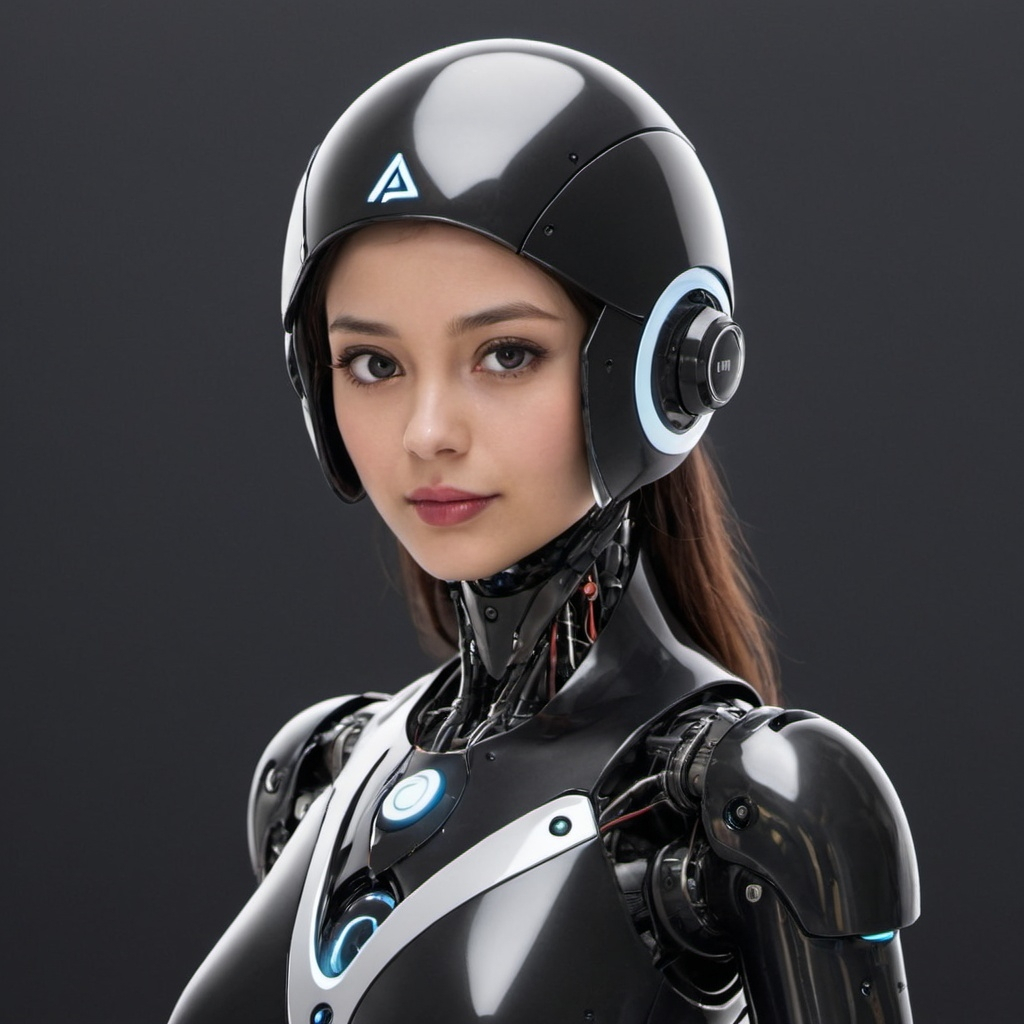
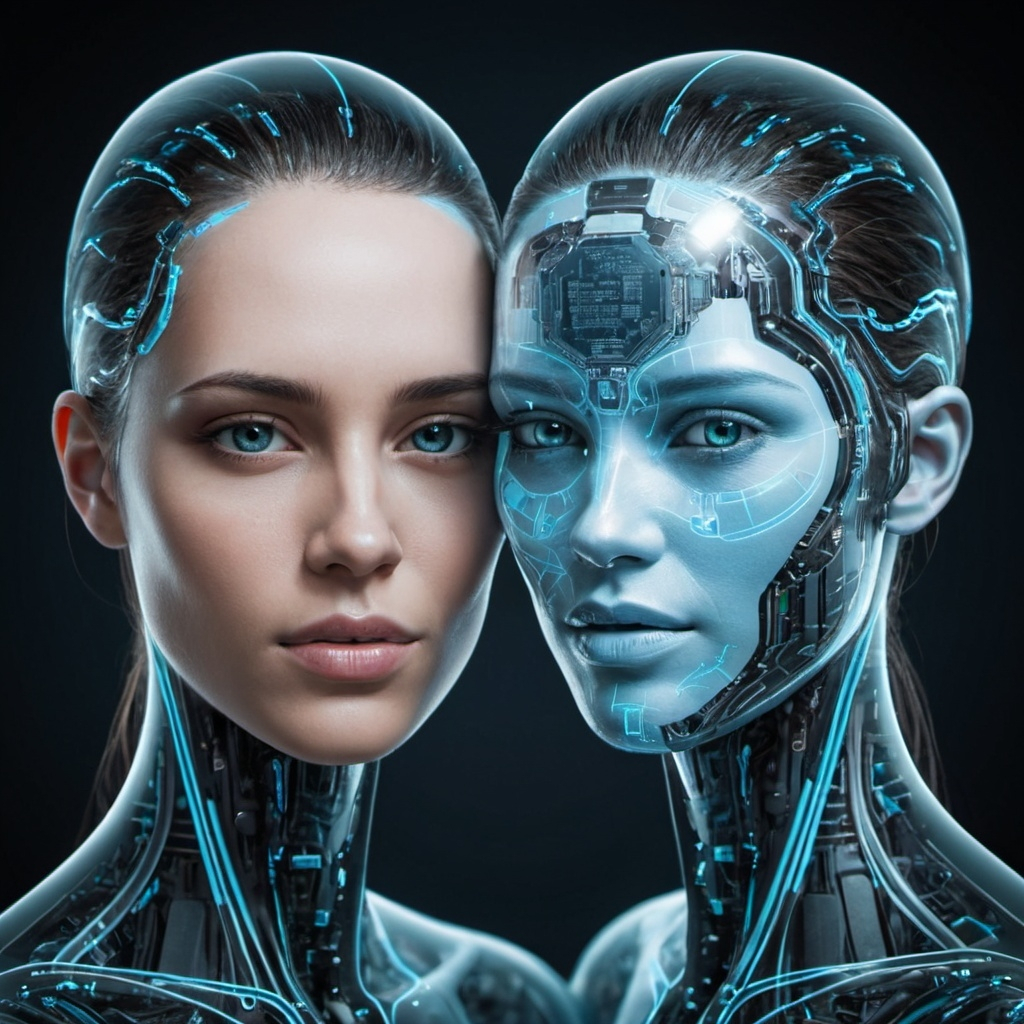

Can you be more specific about the content of your article? After reading it, I still have some doubts. Hope you can help me.